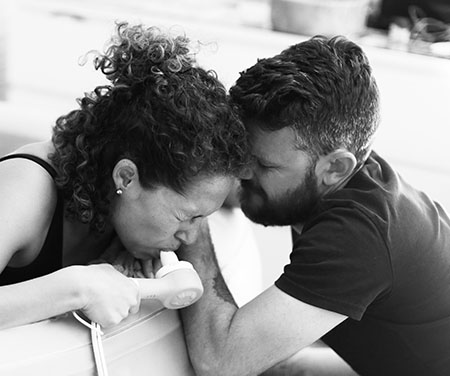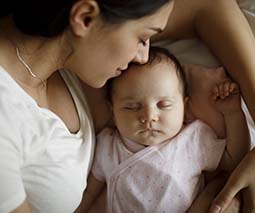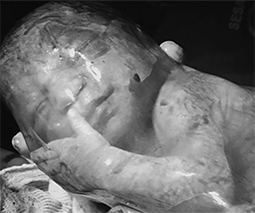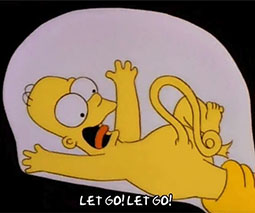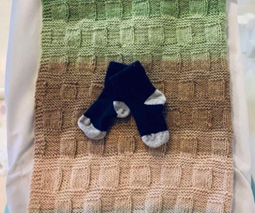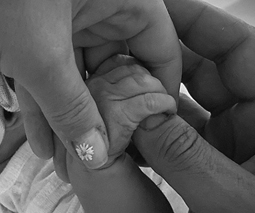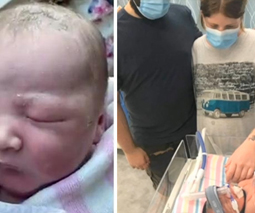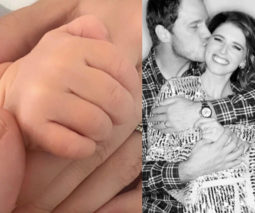Major Brisbane hospital bans professional birth photography and sparks debate
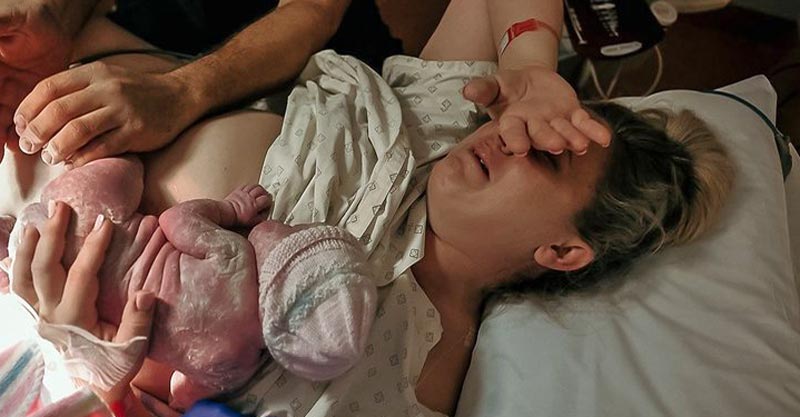
Lots of parents cherish having a digital record of their baby’s birth, but now a major Brisbane hospital is banning them from using a professional photographer to capture the moment. And it’s sparked a debate around birth autonomy.
Asked to leave the room
The Royal Brisbane Women’s Hospital, in conjunction with Queensland Health, have issued the ban.
According to Michelle Palasia, a birth photographer who has started a Change.org petition in response, professional before and after birth pics are permitted, just not during the birth.
“They have confirmed that photography is permitted before the birth and after the birth but no photography will be allowed of the actual birth itself. Anyone taking photos or filming during the birth will be told to stop or to leave the room,” she says.
While Palasia argues the rule applies to ‘anyone’, News.com.au has reported that it just applies to third parties with parents still being allowed to record their baby’s arrival into the world and document the entire birth.
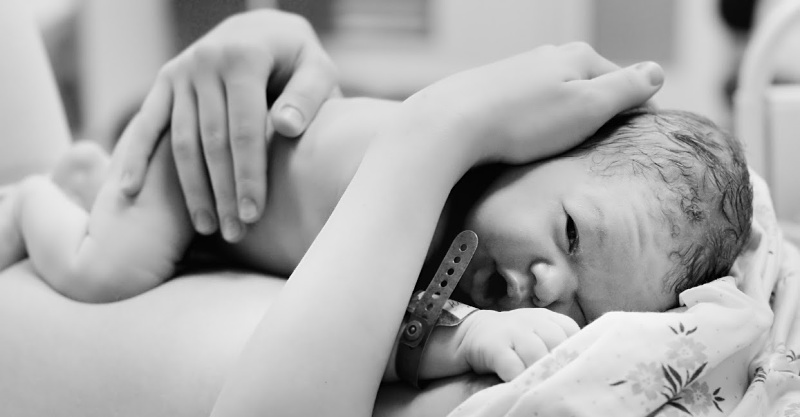
Safety first
Hospital administrator, Amanda Dines said the photography ban is about safety.
“Complications are rare, but can arise very quickly during a birth, so it’s crucial our team can perform their duties with the utmost care and attention, with no other distraction, so they can continue to provide focused care,” She told News.com.au.
“While we make every effort to make our birthing suites as warm and homely as possible, they are clinical procedural areas. They are still highly technical areas with a range of emergency equipment on hand, so having additional people with additional equipment can potentially get in the way of the work our clinicians need to do,” she added.
While the hospital says the ban is a long-standing one, there are thousands of ‘during birth’ professional photos taken at RBWH that suggest otherwise.
Read more about birth:
- 16 of the craziest places women have given birth
- Mums share the moments modesty went AWOL during birth
- Midwife suspended after delivering ‘surprise’ twins at home birth
A birth autonomy debate
The ban has promoted a discussion around birth autonomy with Palasia saying it is another example of “Birth autonomy being stripped away from us.”
Palasia’s petition already has over 10,000 signatures, as well as many supportive comments.
One soon-to-be midwife says:
“We are invited to provide care for women, not entitled to constrict women to a box and enforce ridiculous ‘rules’ that once again dictate what a woman is and is not ‘allowed’ to do. Absolutely disgraceful. How about instead of focusing on outlawing birth photography – a minor and insignificant issue that really is no business of any hospitals to have control of, we instead focus on ensuring women are supported, respected, empowered and self-determining in the care they receive. It is a privilege to support women in the maternity sector and in the childbirthing continuum, where ignorance and hierarchical power plays have no place.”
But not all agree.
On the Today Show, the Daily Telegraph’s opinion editor James Morrow added his two cents to the debate, saying he agreed with the hospital’s rule.
“It’s not your wedding, this is a birth. It is a very personal medical procedure and I think the question really is, who is this all about?” Morrow said.
“Ultimately it’s about bringing a healthy baby into this world and going home with a healthy baby.
“If this is getting in the way of the delivery process then yes, you really want to crack down.”
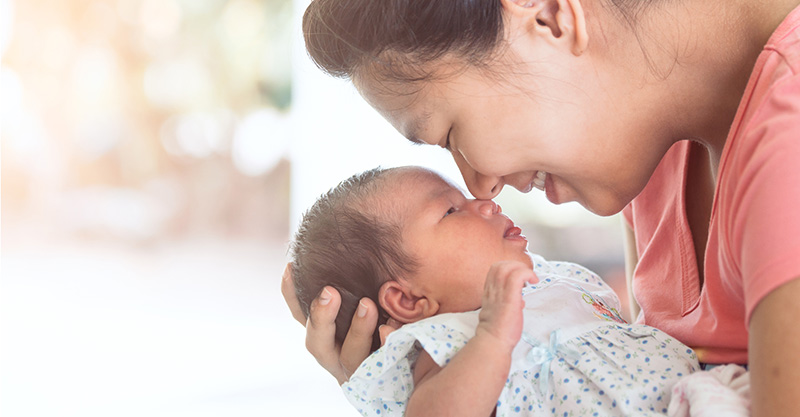
Another important issue
But Palasia and her supporters have also pointed out that the ban could actually have a negative impact in another area of health.
She points to how important a full recording of our birth story is in a mother’s healing after birth and her future mental health.
“Seeing these images and reliving the moment you met your baby, floods the body with oxytocin which not only enhances your relationship with your baby by triggering nurturing feelings and behaviours but also assists in the release of milk in breastfeeding. Oxytocin is crucial during postpartum because it’s the “feel good/love” hormone and if we’re able to induce the natural production of this hormone, then we should be encouraging this by any means,” she says.
Palasia adds that a documented birth story can also act as a therapy tool after a traumatic birth.
“I know of psychologists that have requested clients take their documented birth story with them to their appointment to help process what they’ve been through.”
